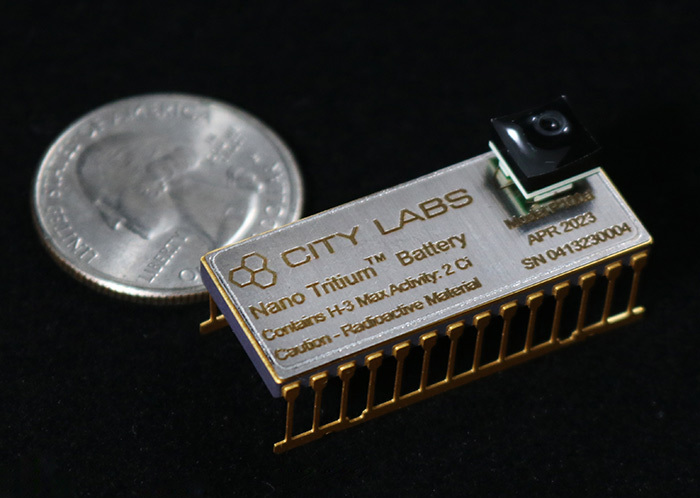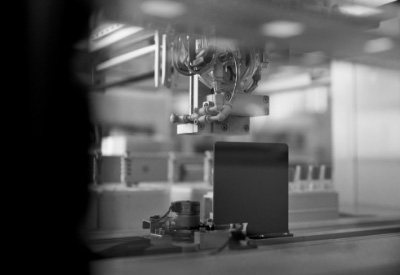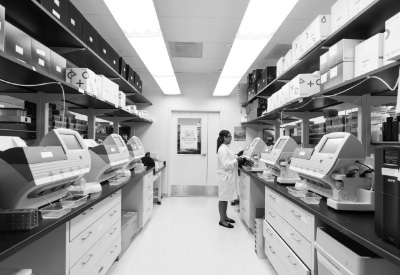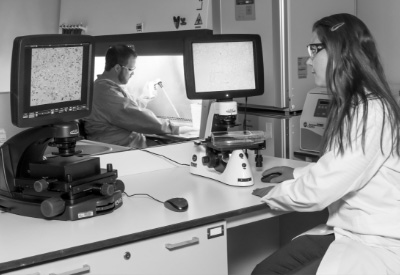
City Labs partners with John Foster to develop a first-of-its-kind propulsion system powered by tritium —a naturally occurring radioisotope of hydrogen that powers City Labs’ NanoTritium™ batteries.

The Problem
The number of active satellites orbiting Earth is rapidly increasing, with nearly a sevenfold rise in the past decade. The growing influx of satellites into orbit—especially small satellites—raises concerns about the increasingly limited available space. Inactive satellites remaining in orbit past their operational lifetimes present significant collision risks. Such collisions could destroy operational satellites and result in the generation of additional space debris that further exacerbates the collision risk.
Satellites can minimize collisions one of two ways: 1) by utilizing on board propulsion for collision avoidance, and 2) by simply de-orbiting once their useful lifetime is up. In either case, some form of onboard propulsion is necessary with capacity beyond simple stationkeeping. Both cases rely on propulsion systems, which add significant mass—a critical issue for the rapidly expanding market of small satellites, where additional weight and space requirements can limit mission capabilities and increase costs.
The Solution
To meet the urgent need to provide a low-mass and reliable method of deorbiting satellites, City Labs is teaming up with Dr. John Foster, Professor in the Department of Nuclear Engineering & Radiological Sciences at the University of Michigan, to develop a first-of-its-kind propulsion system powered by tritium—a naturally occurring radioisotope of hydrogen that powers City Labs’ NanoTritium™ batteries.
Dr. Foster, a plasma physicist, is applying his expertise in plasma science to develop a novel ion engine that uses a carefully maintained magnetic field to confine the beta particles naturally produced as a byproduct of tritium’s radioactive decay process, which are harnessed here as a novel energy source. The lifetime of this system is, therefore, limited only by the half-life and initial loading of the tritium, providing decades of continuous power. Another key innovation that this nuclear ion engine offers is the elimination of the power supply mass associated with the ionization stage of a typical ion engine. In principle, this concept eliminates the mass associated with both the plasma production stage power supply and the acceleration stage power supply.
The unique properties of tritium’s beta decay and the lower emitted energies make it an ideal candidate for such a system.
This project caught the attention of the United States Air Force, which provided early funding for this collaborative effort between City Labs and The University of Michigan through the Small Business Innovation Research and Small Business Technology Transfer program.

Powering the Future of Space Travel
While still in its early stages, the design of the tritium ion engine shows great promise for revolutionizing the future of space propulsion.
This tritium-based propulsion solution offers a low-mass solution for small satellites to deorbit and has the potential to supply general power to the satellite grid, serving a dual purpose. Furthermore, the system could eventually scale up to provide thrust for larger satellites and spacecraft.
This [tritium ion engine] is really exciting, as it could be configured for deorbiting, orbital maneuvers, and potentially as the primary propulsion system for spacecraft traveling to deep-space objects, such as asteroids. – John Foster
City Labs and University Collaborations
This collaboration—born from a discussion at the Power Sources Conference between Dr. Foster and Dr. Peter Cabauy, CEO of City Labs—showcases City Labs’ willingness to form university-industry partnerships that drive scientific innovations in the space sector.
This is a really exotic project, and it would have been easy to call it quits and go our separate ways. But I was really interested, and Peter stuck with it and kept us going. – John Foster
If you are interested in partnering with City Labs to utilize our tritium battery technology to solve a new and exciting problem, we invite you to contact us today.
This research is sponsored by AFWERX.
The Nuclear Battery Company With a Vision
Ready to power your next innovation or learn more about our technology?
Contact Us Today




